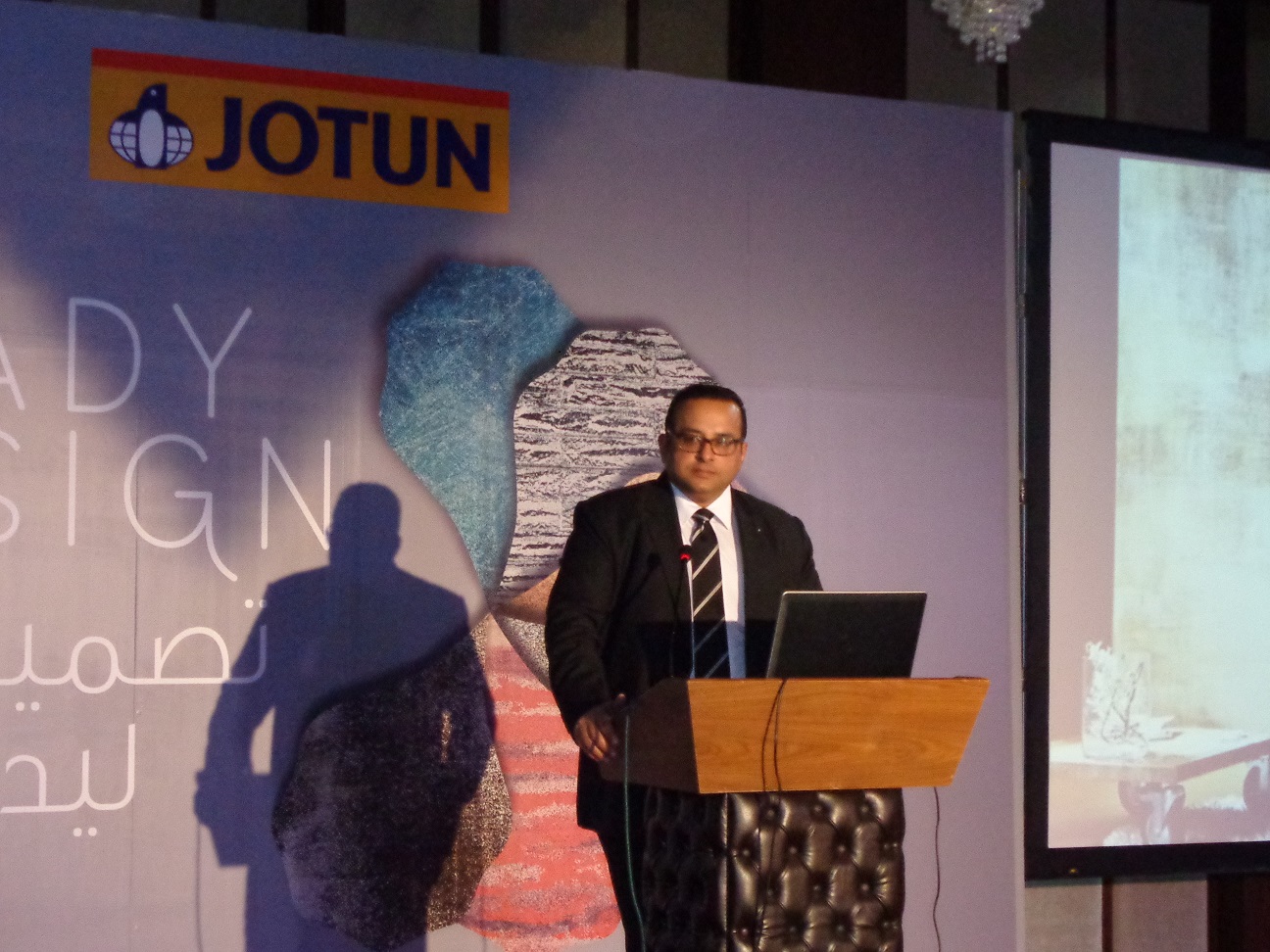By Ahmed Elumami.
Tripoli, 4 November 2013:
The National Council for Civil Liberties and Human Rights (NCCLHR), a Libyan NGO, is organising a . . .[restrict]seminar/workshop on the rights of children with a view to having them included in the new constitution.
The event, The Libyan Child and the Constitution, will take place in the Radisson Blu Mahari hotel on Thursday, 7 November, at 10 am.
In addition to the NCCLHR, a number of other Libyan-based organisations working with children are involved in the seminar.
According to UNICEF, there are more than 20 countries whose constitutions include articles on the rights of children.
India’s constitution, for example, includes articles stating that children under six years of age should have access to early childhood care and education, that there must be free and compulsory elementary education for all children in the 6-14 age group, that they must be protected from any hazardous employment, not be forced by economic necessity to enter occupations unsuited to their age or strength and have the right to equal opportunities and facilities to develop in a healthy manner and in conditions of freedom and dignity.
South Africa’s constitution likewise specifies a number of rights for children including the right to a name, nationality, care and shelter, nutrition and health, as well as protection from maltreatment, exploitation and armed conflict.
Ghana’s states that juveniles, if arrested, should not be kept in the same place as an adult offender.
In other countries, children’s rights are enshrined in laws that have the effect of constitutional rights. Additionally, almost every country, including Libya, is party to the UN’s Convention on the Rights of the Child and it therefore has force of law in those places . The only exceptions are the US, Somalia and South Sudan. The US and Somalia have signed it but not ratified it.
With input from Hadi Fornaji [/restrict]






